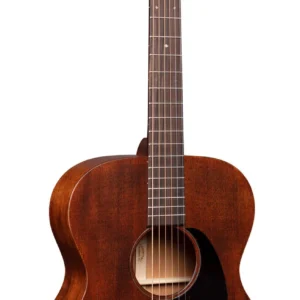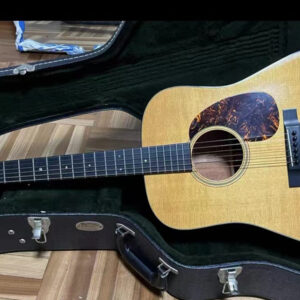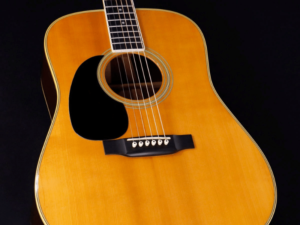Deciding whether Martin or Taylor is “better” for acoustic guitars depends largely on individual preferences for tone, playability, aesthetics, and other factors. Both brands have their own strengths and have garnered significant respect within the guitar community. Here’s a brief comparison:
Martin:
- Tone: Typically offers a warm, rich, and “woody” sound, especially in their traditional models.
- History: A storied brand dating back to 1833, Martin has introduced many iconic designs and innovations in acoustic guitar-making.
- Construction: Known for their dovetail neck joint and a variety of tonewoods. Many appreciate the traditional craftsmanship of Martin guitars.
- Legacy: Many legendary musicians have played Martin guitars, adding to the brand’s allure.
Taylor:
- Tone: Generally offers a bright, clear, and articulate sound. They’re known for their clarity across the frequency spectrum.
- Innovation: Taylor is known for modern innovations, from their bolt-on NT neck system to their proprietary bracing patterns.
- Playability: Taylor guitars often come with a reputation for being easy to play straight out of the box, with a consistent setup and feel.
- Eco-consciousness: Taylor has made efforts towards sustainability and responsible wood sourcing, even buying and managing their forests.
Which is better?
- Subjectivity: What might be better for one person (e.g., the bright, clear sound of a Taylor) might not be for another (who might prefer the warm resonance of a Martin).
- Application: Depending on the genre and playing style, one might favor the characteristics of one brand over the other. For example, a fingerstyle player might be drawn to the clarity of a Taylor, while a strummer might love the full-bodied sound of a Martin.
- Budget: Both brands offer guitars across various price points, from more affordable models to high-end, custom pieces. Depending on budget, one might find better value in one brand’s offerings over the other.
Ultimately, the best way to decide is to play guitars from both brands and trust personal preferences. Both Martin and Taylor produce exceptional instruments, and neither is universally “better” than the other. It all comes down to what resonates most with the individual player.







